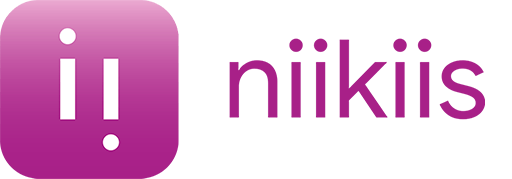This week we interview Anna Zelno, specialist in intercultural competence, Diversity, Equity and Inclusion and global talent. She is CEO of intercultures Spain & LATAM, co-founder of the Academy for Diversity & Innovation, a global learning platform; and president of the 4C Association for Social Innovation. She has been twice president of SIETAR Spain (Society for Intercultural Education, Training and Research) and member of the Board of SIETAR Europe. She leads the ICC Assessment working group at the World Council of Global and Intercultural Competence.
We will discuss the importance of designing and implementing sustainable diversity, equity and inclusion strategies. Diversity, equity and inclusion are increasingly critical to business sustainability and competitiveness. Maintaining workforce engagement or improving employee productivity are key elements of many organisations' human resources strategy. All these concepts put the focus on the main asset of companies: people.
Welcome, Anna. Before we begin, we would like to know more about you and your passion for diversity, equity and inclusion.
Since I was a child I felt different and often had the feeling that I didn't fit in. I was a rebellious child with a strong sense of justice. I went against the tide, I liked to try new things, I was attracted by differences and I went in search of them. I grew up in a village in south-western Poland, at the age of 23 I emigrated to Germany, where I combined work and intercultural communication studies, and after 7 years I moved to Spain. My migration journey taught me about the importance of inclusion and allowed me to experience the potential of diversity. In 2011 I completed a master's degree in talent management which helped me connect my passion for diversity with talent management strategies. Today I co-design diversity, equity and inclusion strategies for both large companies and start-ups. With the intercultures team we support companies all over the world. In the Academy for Diversity and Innovation we have created a learning space for all those who want to become professionals in this sector, which is still a niche market as few consultancies have a more holistic view of diversity and look beyond gender.
Getting straight to the point, what is a diversity, equity and inclusion strategy?
What is corporate sustainability?
Why is it important to align diversity, equity and inclusion with sustainability when designing strategies?
How does it affect the employee's experience and the company's experience?
What are the challenges of diversity, equity and inclusion?
What advice would you give for optimal design and implementation?


 Employee database
Employee database  Documents and e-signature
Documents and e-signature  Reporting and analytics
Reporting and analytics  Payroll and incidents
Payroll and incidents  Time and Attendance Software
Time and Attendance Software  Shifts and task list
Shifts and task list  Absences & time-off
Absences & time-off  Workflows
Workflows  Expense management
Expense management  Recruitment and selection software
Recruitment and selection software  Onboarding
Onboarding  Training and procedures
Training and procedures  Internal communication
Internal communication  Performance assessment software
Performance assessment software  HR surveys and forms
HR surveys and forms  Chatbot
Chatbot 